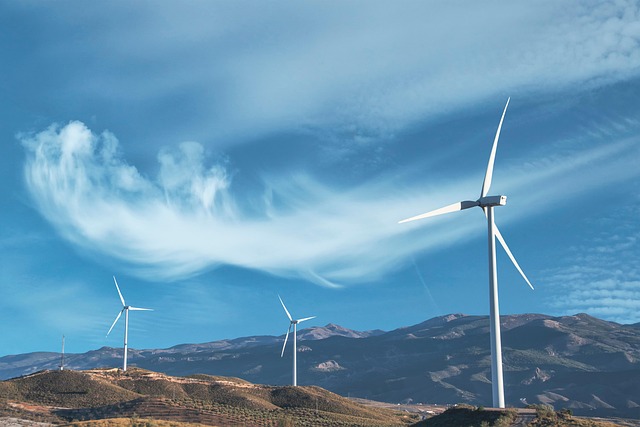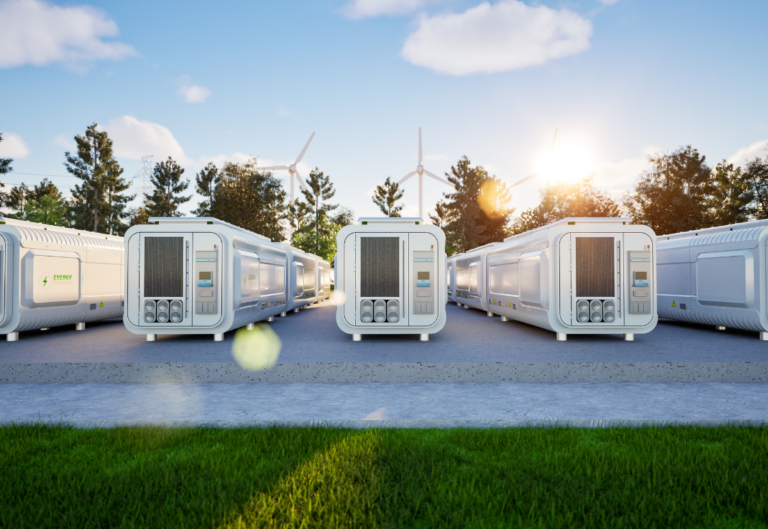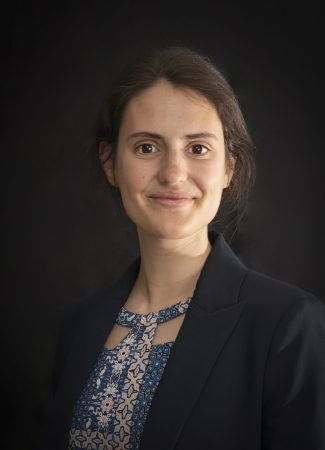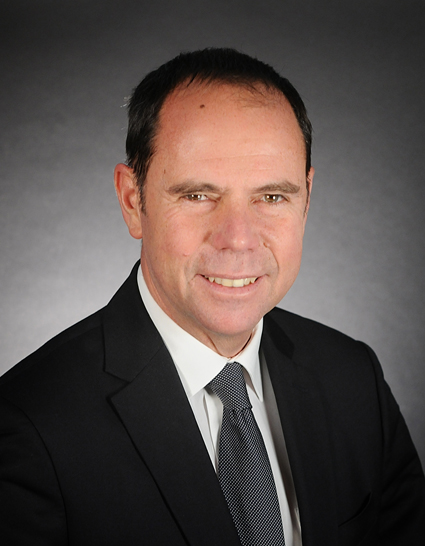A year ago, we welcomed the European Commission’s late introduction of delegated acts defining the criteria for renewable hydrogen and its derivatives, whether produced in Europe or imported. At last, Europe had a definition of its renewable hydrogen. But what about France? (See newsletter: Green Hydrogen Europe (link))
In France, legally, and since the hydrogen ordinance of February 17, 2021 (provided in the 2019 energy law), article L.811-1 gave the definitions of renewable hydrogen, low-carbon hydrogen and carbonaceous hydrogen (i.e. neither one nor the other).
But “the definition of all the conditions, in particular the thresholds and procedures, necessary for the application of the this article [still had to be] specified by order of the Minister for Energy”.
With the publication of the “Arrêté du 1er juillet 2024 précisant le seuil d’émissions de gaz à effet de serre et la méthodologie pour qualifier l’hydrogène comme renouvelable ou bas-carbone” (Order of July 1, 2024 specifying the greenhouse gas emissions threshold and the methodology for qualifying hydrogen as renewable or low-carbon), is this now a done deal?
As for CO2 emissions threshold, the Order defines a level of 3.38kgCO2/Kg H2 or 101.52gCO2/MWh (PCI)H2 or 28.20gCO2/MJ. Here, France has chosen to impose the sustainability threshold required for renewable liquid and gaseous fuels intented for the transport sector, of non-biological origin, according to Article 25 of the RED 2, i.e. 30% of the fossil reference system: 94gCO2/MJ.
This choice is debatable, given that hydrogen applications do not seem to be focused primarily on the transport sector. In fact, this threshold corresponds to ~50% of natural gas emissions (fossil reference for energy uses and/or as a reducing agent for steel). “All this for that”, some may say, but it’s still something!
In addition, in the appendix to this decree, France proposes a methodology for low-carbon hydrogen in the absence of a European methodology. This methodology (inspired by RED 2 and its delegated acts) offers various options, including the possibility of using the mix of the French metropolitan network.
According to RTE, the mix in mainland France for 2021 is 57gCO2/KWh. So, to be low-carbon with the French mix, you need a maximum of 59MWh of electricity to produce one tonne of H2, which is quite tight (but the French mix is set to improve over time).
We note that in France (and nowhere else) there is no particular mechanism for valuing low-carbon hydrogen.
For renewable hydrogen and as far as the determination of this threshold is concerned, this Order (Arrêté) refers to the RED2 delegated act (which, on the date of the publication, was only supposed to concern uses for transport): COMMISSION DELEGATED REGULATION (EU) 2023/1185 of 10 February 2023[1].
On the other hand, this Order does not specify how (by what “process”) the electricity, delivered into the grid, can be considered renewable, which may be problematic because since November 19, 2023 (date of the repeal of the previous version), we can no longer refer to Article R314-66 of the Energy Code, which prescribed the use of Guarantees of Origin (GO) for the month of production.
But since the methodology described in this above mentioned delegated act refers to electricity that can be considered as fully renewable in accordance with Article 27 (3) of COMMISSION DELEGATED REGULATION (EU) 2023/1184 of 10 February 2023 supplementing Directive (EU) 2018/2001[2].The purpose of which is to establish “detailed rules for determining under which conditions electricity used for the production of renewable liquid and gaseous fuels for the transport sector, of non-biological origin, can be considered fully renewable.”
We understand that we must refer to these rules; whose primary aim was to allow the production of renewable hydrogen in countries with a high carbon share, in their electricity mix.
For France (emission factor below 18gCO2/MJ, i.e. 65gCO2/KWh), it is, therefore, possible to reduce the carbon content of the hydrogen produced to zero if the electricity supplied is renewable (without necessarily being “additional”).
In these acts, the conditions for justifying the renewable nature of electricity are not very clear, except that it will be necessary to provide Guarantees of Origin (GO) for the month of production, but also (according to Q&A on the implementation of the delegated acts relating to hydrogen published on 14/3/24): “it is important that a direct relationship between the electricity producer and the hydrogen producer is maintained” (in France, for renewable energies with state support, it is generally not possible to have both the GOs and the direct relationship with the producer!).
Anyway, given the fact that in France, every hour of the year, a lot of renewable electricity is produced (hydro, wind, solar, biogas), hydrogen produced by water electrolysis using the same “electron” can be considered either renewable or/and low-carbon. Thus, to avoid any doubt, it would have been much clearer to have kept the provision of the Article R314-66 of the French Energy Code in its version prior November 13th, 2023.
This vagueness and uncertainty about the qualification of hydrogen is, therefore, a good opportunity to put off the massive deployment (and financial support) of hydrogen produced by water electrolysis in France. RTE highlighted a new balance in the French power system’s balance: a drop in consumption, an increase in carbon-free/renewable production and a record number in exports.
Philippe Boulanger
[1] COMMISSION DELEGATED REGULATION (EU) 2023/1185 of 10 February 2023 supplementing Directive (EU) 2018/2001 of the European Parliament and of the Council by establishing a minimum threshold for greenhouse gas emissions savings of recycled carbon fuels and by specifying the methodology for assessing greenhouse gas emissions savings from renewable liquid and gaseous transport fuels, of non-biological origin, and fuels made from recycled carbon.
[2] COMMISSION DELEGATED REGULATION (EU) 2023/1184 of 10 February 2023 supplementing Directive (EU) 2018/2001 of the European Parliament and of the Council by establishing a Union methodology setting out detailed rules for the production of renewable liquid and gaseous for the transport sector of non-biological origin.






